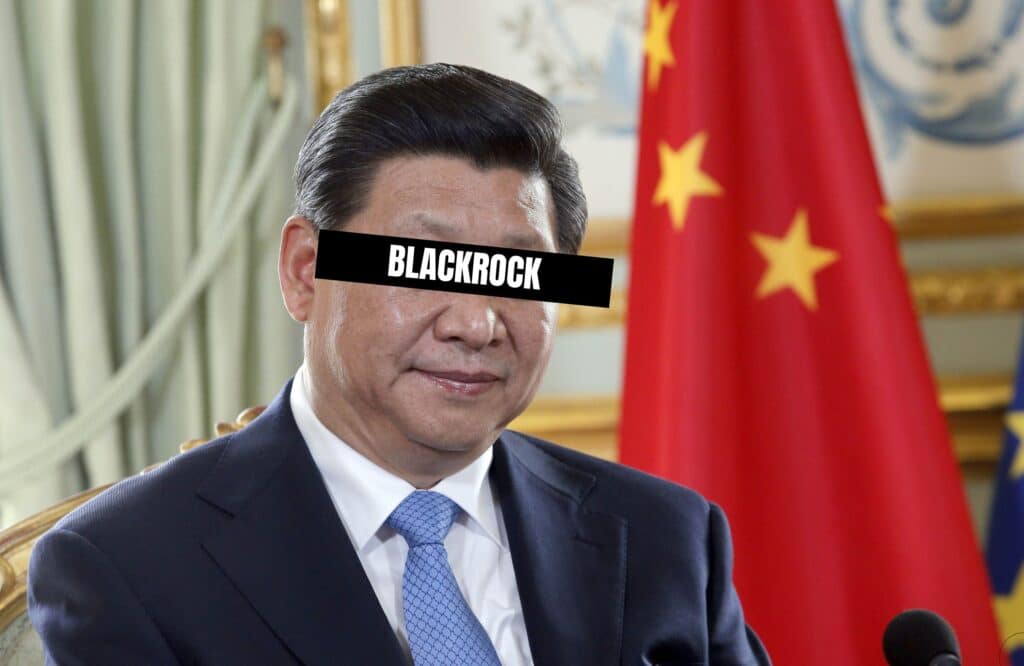
Did the CCP Derail BlackRock's Panama Canal Purchase?
Exploring the implications of BlackRock's $22.8 billion deal for the Panama Canal amid rising tensions with China.
The recent acquisition of the Panama Canal by BlackRock, costing $22.8 billion for control over 43 global ports, has sparked concerns about geopolitical stability, particularly regarding China’s influence over this crucial shipping route.
The deal’s implications extend beyond financial transactions; it reflects the ongoing U.S.-China rivalry. The initial excitement from investors boosted the stock value of CK Hutchison, the company selling its stakes, but swift political responses followed.
Why This Matters
Control of the Panama Canal is associated with broader issues of economic dominance and security in international trade, particularly between the U.S. and China. Political tensions may escalate as the CCP reacts against perceived U.S. hegemony over its trading routes.
Timeline
- April 2: New U.S. tariffs may increase anti-U.S. sentiments in China.
- April 3: Former President Trump comments, “If China doesn’t divest from Panama, we’ll ban companies like TikTok.”
China’s Reaction
Chinese state media criticized CK Hutchison’s sale, denouncing it as ‘spineless groveling’ and suggesting that Xi Jinping expressed frustration over the perceived loss of a strategic asset. Beijing has initiated an anti-trust investigation that could complicate the sale further.
Conclusion
This agreement underscores an essential battlefield in the U.S.-China conflict, where trade flow controls become a matter of national security, not merely economic dealings. It raises questions about how countries navigate their commercial and geopolitical ambitions in an increasingly contentious environment.



